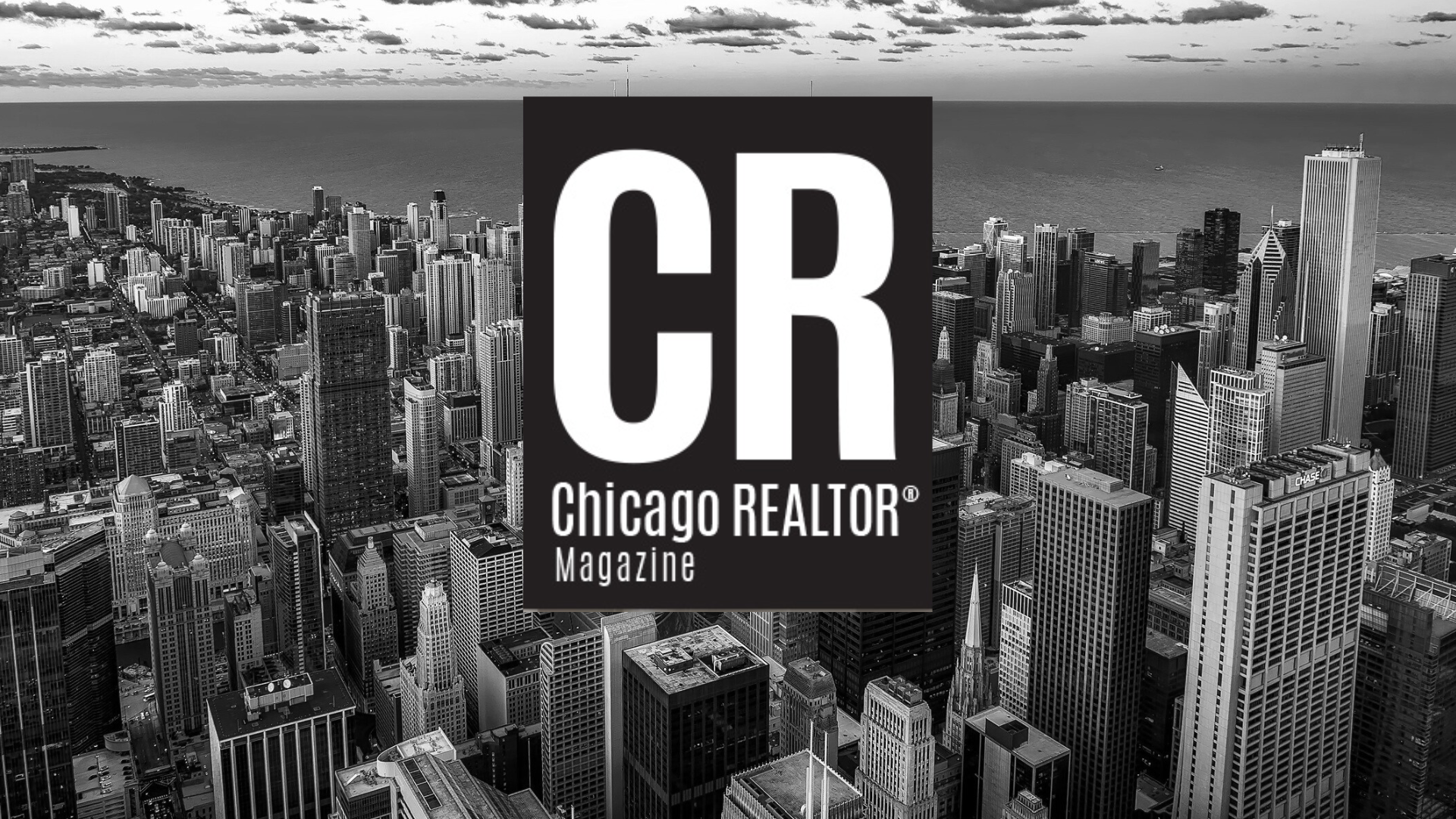We sat down with Chris Pezza, Miller Chicago LLC, and picked his brain on property management tips for beginners and veterans alike. He’s a tried-and-true property manager with so many nuggets of advice, we didn’t want to leave anything out!
Why should you care about perfecting your property management practice? Not only will it save you money, it will improve your relationships with your tenants and with your network.
DEVELOP A SMART BUSINESS STRATEGY
Own and manage like you’ll own and manage your property forever; if you’re a third-party manager this mindset is essential to establishing a proactive, profitable property management business strategy.
Formalize your systems and processes and take advantage of CAR’s forms and contracts page! Many of those forms are offered for free, a unique benefit to our association.
KNOW LEGISLATION
The single most important document to any property manager is the Chicago Residential Landlord and Tenant Ordinance (RLTO). As one of the strictest in the country, all property managers should be well-versed. You should establish a good relationship with a landlord attorney— not to be mistaken for a real estate attorney who does not know the RLTO.
Next, know local. If you own properties in Evanston, your regulations will differ from your properties in Chicago. Stay aware of these differences and how frequently they change. A great way to stay up-to-date on legislation is to attend CAR’s monthly Coffee with Your GADs events; they’re free for members!
KNOW YOUR PROPERTY
A stellar property manager must know their properties inside and out. Visit your property with a checklist (even tried-and-true managers can forget things!) and an inspector. Eyeball it top-to-bottom and take inventory of the state of the roof, siding or brick, windows, foundation, etc.
You should also know your building types, from condos, to two-flats, to courtyard buildings, to 4+1, to skyscrapers and so on. The type of building offers an insight into where it fits in Chicago’s history and, most importantly, will tell you how your property will run and what sort of attention it’ll need. For example, maintaining a stable foundation is crucial to managing a 4+1, while maintaining an elevator is more important in a skyscraper.
And, if you know your legislation, you know that due to life safety, Chicago has a heat ordinance. Know what type of heating system your building has (HVAC versus boiler) and what condition it is in. The safety of your tenants depends on it!
BUDGET WISELY
When it comes to smart budgeting, research your fixed costs first. These are insurance, taxes, water bills and more. From there, you can budget for your variable costs (roof leaks, boiler repairs and replacements, plumbing emergencies) which often hurt the most. Look up benchmarking resources and talk to other real estate professionals. Other property managers love talking about this and trading “war stories,” so take advantage of this community of experience.
Whether you’re managing the properties you own or you’re a third-party manager, maintain a proactive calendar and a proactive attitude. There should be no cutting corners, because it’ll just cost more in the long run.
For example, if you know the heating systems in your property need to be inspected and maintained each September, mark it into your calendar and budget for the possibility of extensive repairs. If you know the boiler in your property is going on eleven years, you may need to prepare for the possibility of replacing it soon.
COMMUNICATE WITH OWNERS
When you communicate with owners, do so with solutions and action plans, and always contact the owners ahead of time.
If you know the courtyard building you manage for an owner has a twenty-year-old roof, you should budget for possible repairs as age and weather take their toll.
Let’s say the roof has a leak. A proactive property manager alerts the owner not only about the reported leak, but also includes two quotes they’ve collected from contractors and their recommended course of action. This is a defining quality in an excellent property manager and is sure to maintain the trust of the owner.
COMMUNICATE WITH TENANTS
Working with tenants is one of the biggest challenges of property management. Keep in mind that tenants don’t get mad when stuff breaks; they get mad when they feel like their landlord doesn’t care.
If you get a maintenance request because the refrigerator has broken down in one of your units, respond with empathy and as much information you can provide. If it needs to be replaced, tell the tenant a fridge typically takes three days to come in and that you advise they limit how frequently they open it in the meantime. Assure them this ticket is a priority.
Responding with care makes you appear transparent and trustworthy, and not only will your credibility as a property manager among tenants increase, the relationship with the people living in your properties will remain positive and stress-free.
HONE YOUR KNOWLEDGE
Stay on top of managing properties in Chicago. As a property manager, no matter your experience, the wisest are always honing their knowledge. Attend property management forums and Coffee with Your GADs, and be sure to take classes to stay up-to-date.
The classes offered at REALTORS® Real Estate School cover topics like running numbers on multi-units for investors, the pros and cons of incorporating, common mistakes to avoid and much more. Dive into everything in the business when you sign up for one of these.
UPCOMING CLASSES
Essentials of Property Management
6 Hours Elective CE
October 9-10
Instructor: Taft West
Property Management 101
3 Hours Elective CE
December 12
Instructor: Chris Pezza
OTHER COURSES – 3 HOURS ELECTIVE CE
– Commercial Leasing 101 | October 22
– Downtown Commercial Property Management | October 22
– How to Analyze & Underwrite Multi-Unit & Mixed-Use Properties | November 6
– Property Management & Managing Risk | TBD
– Understanding 1031 Tax-Free Exchanges | TBD
Register at ChicagoREALTOR.com/Education








